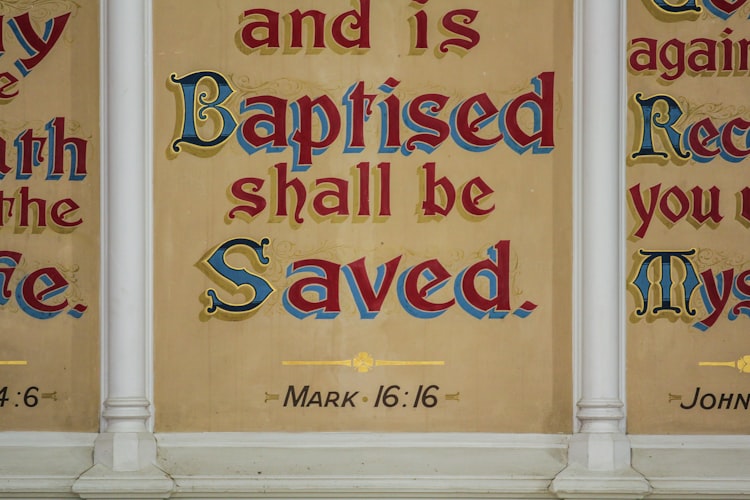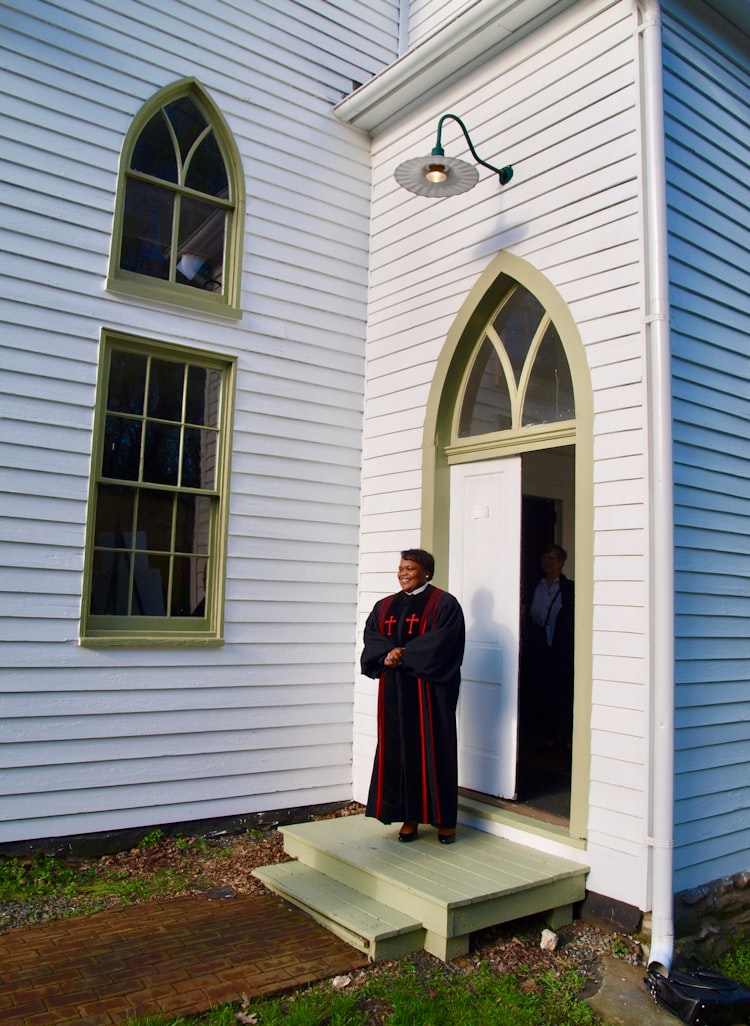The new ARC denomination is on the slippery slope of conservatism
Religion writer Rick Pidcock once said, "It's funny how I've always heard the 'slippery slope' argument as a warning for becoming more liberal, but have never heard it as a warning for becoming more conservative."
For example, some might warn that if you begin to understand the genre of Genesis 1 as an origin myth instead of a science text book, you're on an eventual slippery slope towards throwing out the whole Bible.
Now it's true that taking the Bible's various genres seriously will make you rethink how conservative Evangelicals have told the stories of Scripture (e.g., Job is a play, not history; Jonah is an extended parable; etc.). But, in my case, that meant I fell ever more in love with the messy beauty of Scripture. I didn't throw it out. Hardly. Some would say I own too many Bibles. 😬
But what if holding a view about something "the Bible clearly says" actually starts you down a path of ignoring Scripture and holding on to the cultural baggage of conservatism?
I'm thinking specifically of the churches that have split off from the Reformed Church in America (RCA), an older, mainline denomination. A new conservative group called the Alliance of Reformed Churches (ARC) is launching. Why? Over differences on same-sex marriage and the ordination of LGTBQ clergy.
It's a tale as old as denominationalism. The RCA is making allowances for more "progressive" churches and regions to allow for LGBTQ marriage and clergy. "Conservative" [^ I put "progressive" and "conservative" in scare quotes because the case could be made that LGBTQ-affirming churches are the ones not adding on to the Gospel and adhering most closely to Scripture, while non-affirming churches are the ones breaking with creedal-confessional Christianity by making human sexuality a core component of the Gospel] churches are breaking bonds with the denomination so they can be more "biblically and Gospel-centered."
But there's a quote in the above-linked article that puts that whole emphasis on "Bible and Gospel-centered" into question.
We believe if the church is going to be successful in the 21st century, it needs to be powered by a more agile structure and it needs to be more theologically aligned than theologically diverse,” said Dan Ackerman, ARC’s director of organizational leadership. But theological differences remain even within the new denomination. While the understanding of marriage as between a man and a woman is a “top tier” theological belief, Ackerman explained, the question of women’s ordination is a “second tier issue” that local leaders can address in their own contexts.
So, while LGBTQ marriage and ordination is worth splitting over and deserves complete "theological alignment," this new denomination is perfectly fine allowing churches to go their own way against Scripture's teaching—and their mother denomination's decades-old stance—on the equality and giftedness of women.
In other words: Differences of opinion on LBGTQ questions? Unacceptable.
Differences of opinion on women's equality? Sure, why not.
I note two things. One, here we are seeing in action the "slippery slope of conservatism." A reading of Scripture that cannot see the complete and total humanity and rights of LGBTQ people may well lead you down a path where you cannot see the full humanity and rights of women (and God knows who else) as well.
Secondly, this entire denominational split is supposedly being done in the name of theological unity on the authority of Scripture. I call bull. The only thing I see holding this movement together is a propensity of straight, white, (almost exclusively) men to deny anyone different from them equal status. And that's a pretty blatant way to ignore Scripture, if you ask me.



Member discussion